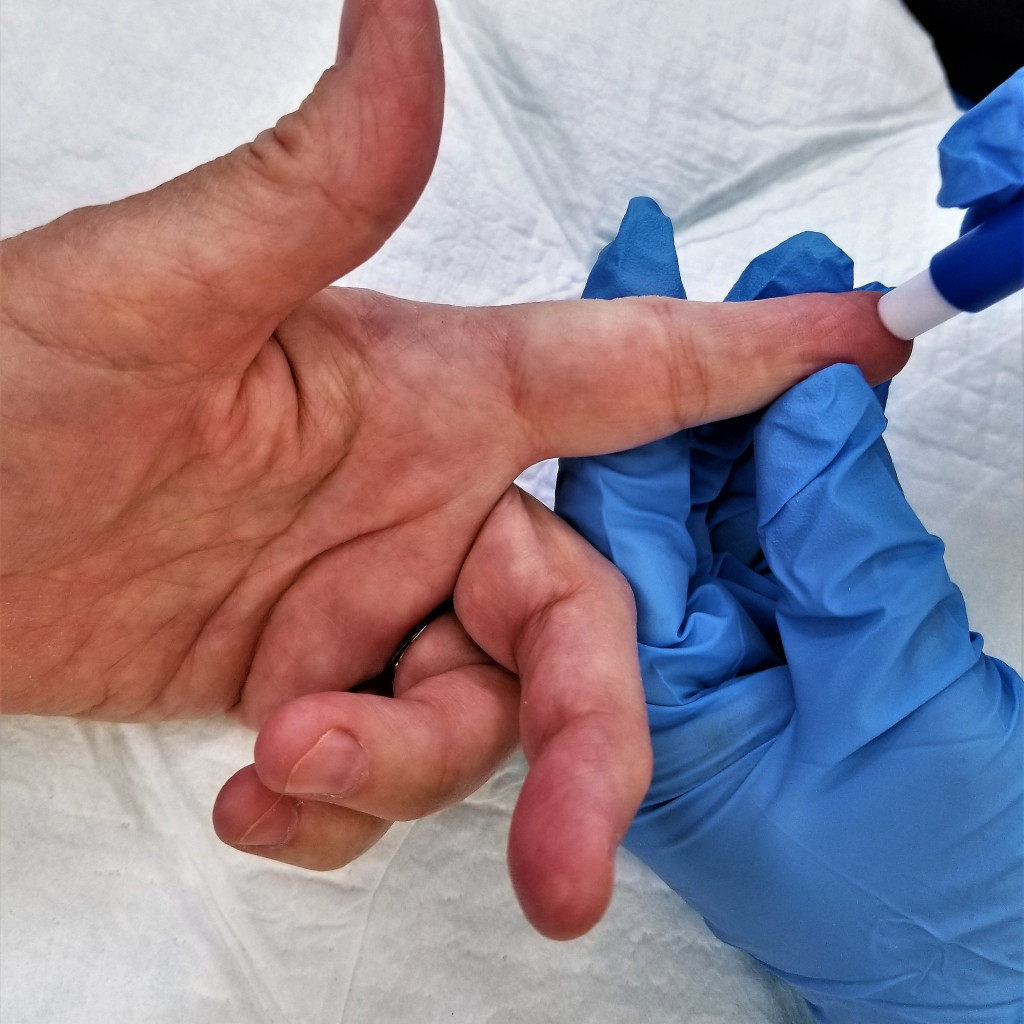This insight aims to discuss the method by which testing for illegal substances, drugs, or alcohol consumption is defined.
Testing is usually required when there is a concern about a party in court proceedings taking illicit substances or consuming alcohol, which in turn could be affecting their abilities as a parent and the care they can provide for a child.
One form of testing is called hair strand testing. This can be completed to determine what illegal substances/drugs are being used. A PEth blood test check can be completed to check the amount of alcohol that may have been ingested, this is usually completed by a finger prick blood test.
At the time of sample collection, you will meet with the collector and complete identification checks. The collector will explain the sample process to you and will ask when you think you last took drugs or consumed alcohol.
A small piece of hair is taken from the back of the head, this is usually the width of a shoelace. The sample collector will try and hide where the hair is taken from on your head, and they will use scissors and a tray for the sample collection. If the sampler is unable to take a sample from the hair on your head, they will try and take a sample from your body hair instead.
Once testing has been completed, the results will be shared with the parties and any professionals involved in a case, the results are usually considered as part of an assessment to establish the likely impact this would have on a child and the quality of care provided. The Court will then give consideration to determining the longer-term arrangements for a child.
Your rights
If the Court has ordered that you complete testing, you cannot be forced to do this against your will. However, if the Court considers testing to be necessary and you do not cooperate, the Court may draw an inference. This means that the Court thinks it is likely that you have been using illegal drugs/consuming alcohol excessively and are trying to hide this.
The next steps
It is important not to panic and speak to your legal representative if you have one, who can advise you on what to do and what not to do. It is important that where hair strand testing has been ordered, you do not cut or dye your hair until the sample has been taken. The Court will usually give this in a warning when making an Order. Tampering with a hair sample may interfere with the results. Therefore, if you do cut or dye your hair the Court may believe that you are trying to hide something. This can cause serious consequences in your case, and it is therefore important that you seek legal advice first.
Find out more
If you have any queries in relation to a matter similar to this, then please do not hesitate to contact our experienced Private Family Team on 01392 207020.






